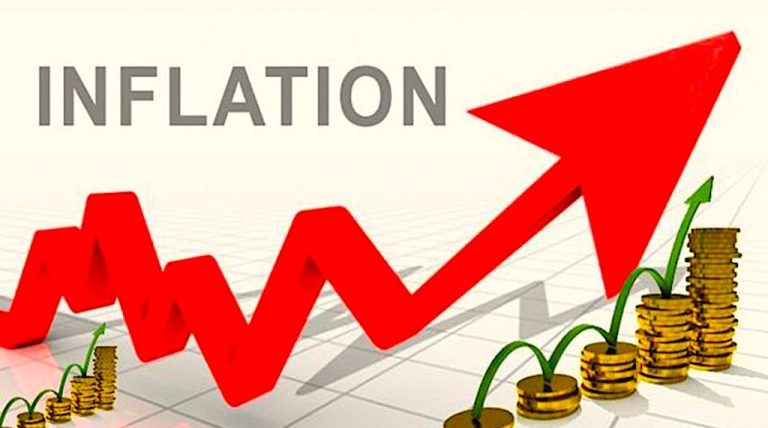Nigeria’s headline inflation rate has eased to 33.40% in July below the 34.19% recorded in June according to data released by the National Bureau of Statistics (NBS). This decline in inflation rate is the first in 19 months.
Looking at the CPI data from NBS, the July 2024 headline inflation rate showed a decrease of 0.8% points when compared to the June 2024 headline inflation rate. On a year-on-year basis, the headline inflation rate was 9.32% points higher compared to the rate recorded in July 2023, which was 24.08%. This shows that the headline inflation rate (year-on-year basis) increased in July 2024 compared to the same month in the preceding year (i.e., July 2023).
Furthermore, on a month-on-month basis, the headline inflation rate in July 2024 was 2.28%, which was 0.03% lower than the rate recorded in June 2024 (2.31%). This means that in July 2024, the rate of increase in the average price level was lower than the rate of increase in the average price level in June 2024.
Food inflation rate drops as food prices stabilise
The NBS report also revealed that the food inflation rate in July dropped to 39.53%, compared to 40.87% in June. The July, 2024 food inflation rate however, is higher than the July 2023 rate (26.98%) by 12.55 basis point.
“The rise in food inflation on a year-on-year basis was caused by increases in prices of the following items Semovita, Yam Flour (Prepacked), Wheat Flour (Prepacked), etc (Bread and Cereals Class), Yam, Irish Potatoes, Water Yam, etc (Potatoes, Yam & Other Tubers Class), Groundnut Oil, Palm Oil, etc (Oil & Fats Class) and Milo, Bournvita, Ovaltine (Coffee, Tea & Cocoa Class), etc,” the NBS said in its report.
“On a month-on-month basis, the food inflation rate in July 2024 was 2.47% which shows a 0.08% decrease compared to the rate recorded in June 2024 (2.55%).”
Lower prices of garri, akpu (fufu), powdered milk etc lead reduction in food inflation rate…
The NBS noted that fall in food inflation rate can be attributed to the decline in the rate of increase in the average prices of tin milk, baby powdered milk, etc, fish, date palm fruit (Debenu), watermelon, etc garri, akpu (fufu), etc. Other items such as exercise books, textbooks, turkey meat, and minced pork also contributed to the lower food inflation rate.
Sokoto, Jigawa and Enugu are states with the highest food inflation rate…
The NBS report revealed that Sokoto (46.26 percent), Jigawa (46.05 percent), and Enugu (44.06 percent) states spent more on food in June, while Adamawa (33.48 percent), Bauchi (35.10 percent) and Benue (36.41 percent), recorded the slowest rise in food inflation on a year-on-year basis. On a month-to-month basis however, Borno (5.07%), Sokoto (4.99%), and Enugu (4.17%) states had the highest food inflation increase while Kwara (0.51 percent), Taraba (0.56 percent), and Ondo (0.68 percent) states recorded the slowest rise in food inflation on a month-on-month basis.
CBN and MPC continue to prioritise price stability
Amidst the rising inflation, the Central Bank of Nigeria (CBN) and the Monetary Policy Committee has consistently maintained that curtailing inflation rate increase remains its priority. This stance has led to repeated hikes in the monetary policy rates by the MPC. In its July 2024 meeting, the MPR was further raised by 50 basis points to 26.75 percent.

